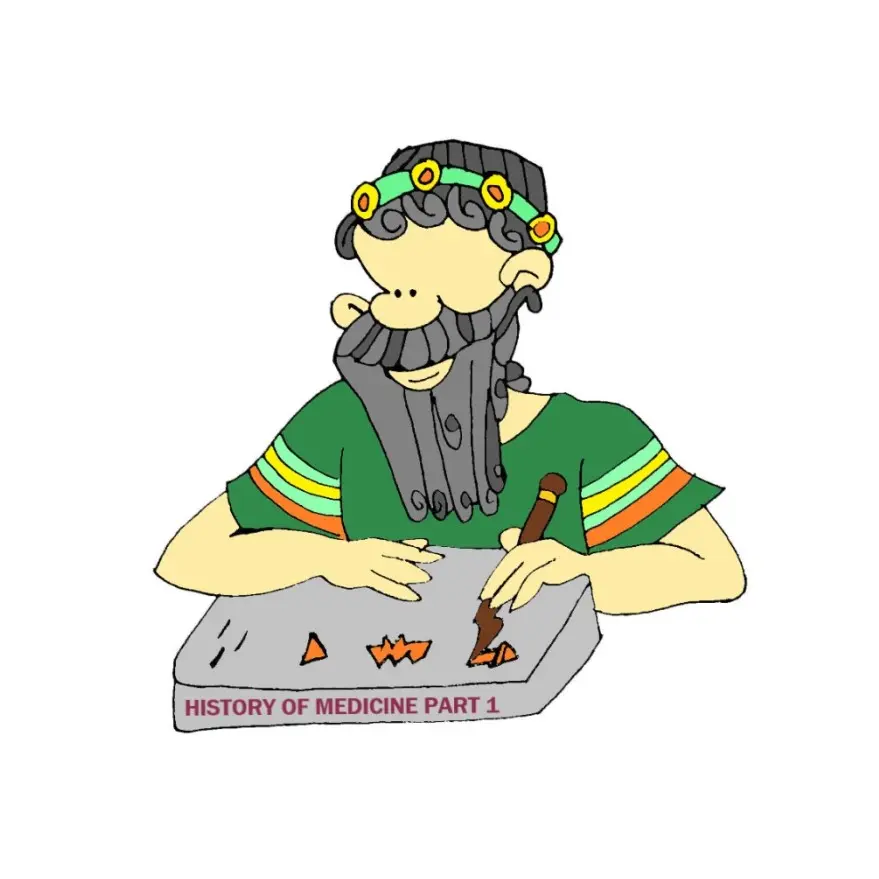
Ancient medicine history is a very vast topic, so I have separated it into two halves as History of Medicine Part 1 & History of Medicine Part 2.
Homeopathy is very young in the field of medicine as it was founded in the year 1796 AD.
But its basic law “THE LAW OF SIMILARS” is as old as the history of medicine in mankind.
It is essential for medical students to know when and how the human economy was attacked by diseases and how were they treated by past physicians.
Before we go through details let’s overview the timeline for history in medicine.
[Note: Words with (*) are particularly defined at the end of this post.]
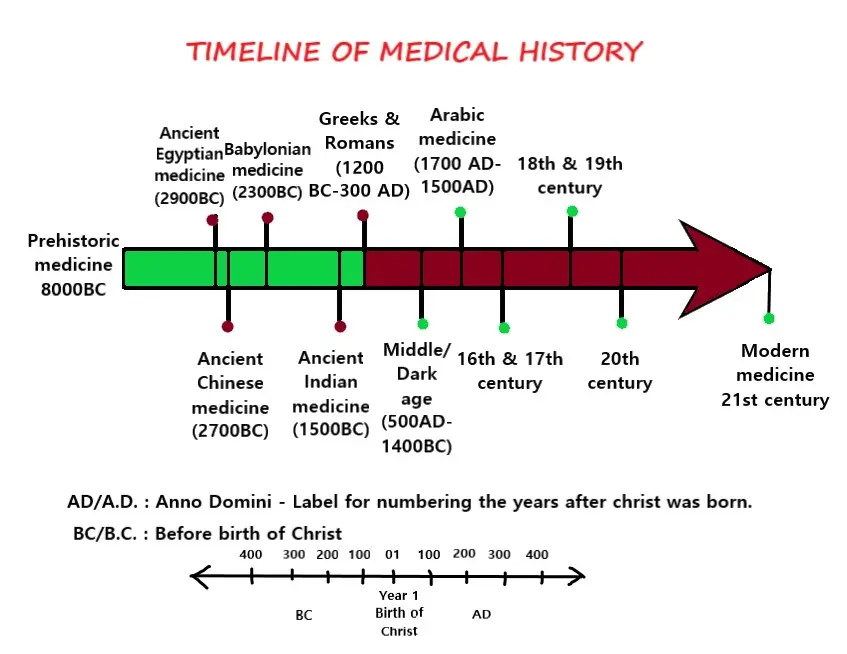
So now you can understand by the image it can be listed as follows:
1) Prehistoric* medicine (8000 BC)
2) Ancient Egyptian medicine (2900 BC)
3) Ancient Chinese medicine (2700 BC)
4) Mesopotamian/ Babylonian medicine (2300 BC)
5) Ancient Indian medicine (1500 BC)
6) Greeks and Romans (1200 BC- 300 AD)
7) Middle age/ dark age (500 AD- 1400 BC)
8) Islamic/ Arabic medicine (700 AD-1500 AD)
9) The Renaissance(rebirth) period/ 16th & 17th Century
10) Modern medicine/ 18th & 19th century
11) Modern medicine/ 20th century
12) 21st century
In this post we will discuss first 6 titles of timeline, remaining discussion is continued in HISTORY OF MEDICINE PART 2.
Table of Contents
Toggle1. PREHISTORIC MEDICINE( 8000 BC)
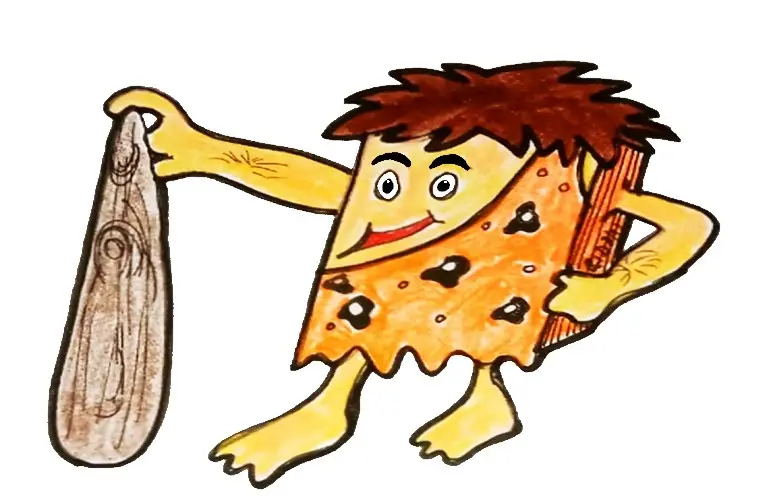
Life style
- Nomadic* lifestyle.
- Followed the animal they hunt; carrying the tents with them.
Diet
- Limited variety, mostly fresh food, depending upon their environment.
Diseases
- They might not suffer from environmental pollution,
- Diseases would spread slowly due to tribal grouping and low population.
- Osteoarthritis, Rickets, or Bone deformities.
Average life span
- Very low,25-40 years old
- Man lived longer than Women
- Babies would have died before 5 yrs. of age.
Beliefs
- Evil spirits & gods were the reason for diseases.
- Didn’t blame injuries on them because they were able to understand how they were caused.
Treatment
- Herbs were only medicine, Sacrificing blood/ animal stuffs/ human to god in order to please the supernatural powers.
Surgeries
- They could set broken bones.
- Minor surgeries without specialized equipment.
- Trepanning*
Summary
- Tribal people.
- Believed in gods & evil spirits were reason for illness.
- For treatment they used herbs, done minor surgeries, sacrificial magic, even trepanning.
2. ANCIENT EGYPTIAN MEDICINE (2900 BC)
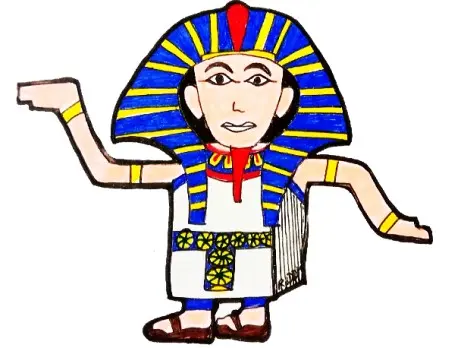
- Well organized & oldest system.
- They were first to keep written health records.
- They wrote ideas like washing and shaving the body before surgery.
- They used medicine to cure the diseases.
HORUS
- Horus was known as God of Health.
- In figure, the scar on his eye resemble like English alphabet “R”.
- It is considered as the origin of symbol “Rx” * in medical prescriptions all over the world.
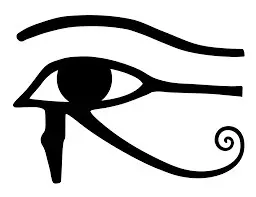
BELIEF
- Life after death.
- So, in order to preserve the body, they developed the technique of mummification of dead body.
- They discovered that the rats & mosquitoes are vectors for plaque & malaria like diseases.
Summary
First to keep written records.
Horus-god of health, Rx symbol origin from scar mark on his eye.
Life after death belief-so they mummified the dead bodies.
Identified the vectors for malaria & plaque and used the medicines to treat the diseases.
3. ANCIENT CHINESE MEDICINE (2700 BC)
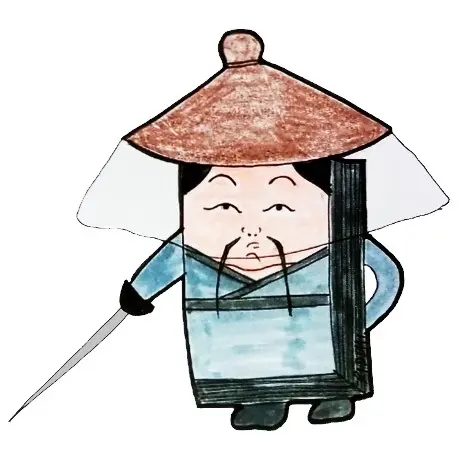
Beliefs
YIN and YANG concept.
- HEALTH– Balance stage.
- YIN– Positive force.
- YANG-Negative force.
- DISEASE– Imbalance between these two-life force.
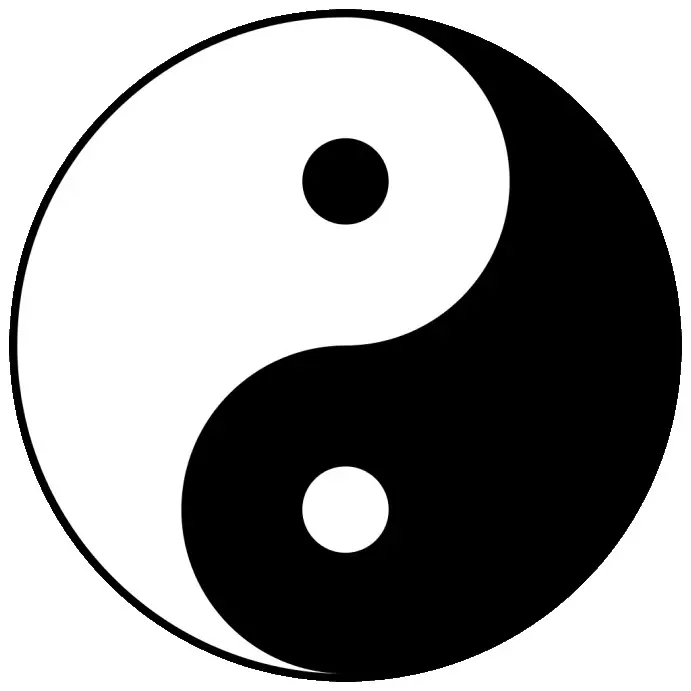
- Life force is called “Qi” (chi) circulates through meridians (energy paths).
- Disturbance to the flow of these energy forces cause blockage of meridians & causes disease.
- To remove obstruction & correct the flow of Qi in meridians, the ACUPUNCTURE procedure has been advised by Chinese physicians.
TREATMENTS
- Herbs, Hydrotherapy, Acupuncture, Massage, Moxibustion* etc.
- The emperor “SHEN NONG” is the father of Chinese medicine.
Summary
- Most ancient still being practiced.
- Yin & Yang concept.
- Herbs, hydrotherapy, acupuncture, massage, moxibustion.
4. MESOPOTAMIAN/ BABYLONIAN MEDICINE (2300 BC)
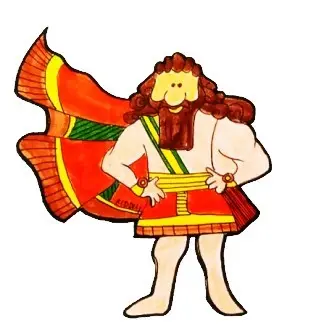
Mesopotamia means land between rivers.
Basic medical concept was religious, cause of diseases was demons*.
3 types of medical practitioners-knife doctors, spell doctors & herb doctors.
- Knife doctors– Diviners* who diagnosed the disease by sacrificing animal livers.
- Spell doctors-The exorcist who drive away the god by spells.
- Herb doctors-The physician who used herbal medicines, applied bandages, & performed minor surgeries.
Summary
- Religious medical concept
- Demons was the reason for diseases.
- 3 type of medical practitioners.
5. ANCIENT INDIAN MEDICINE (1500 BC)
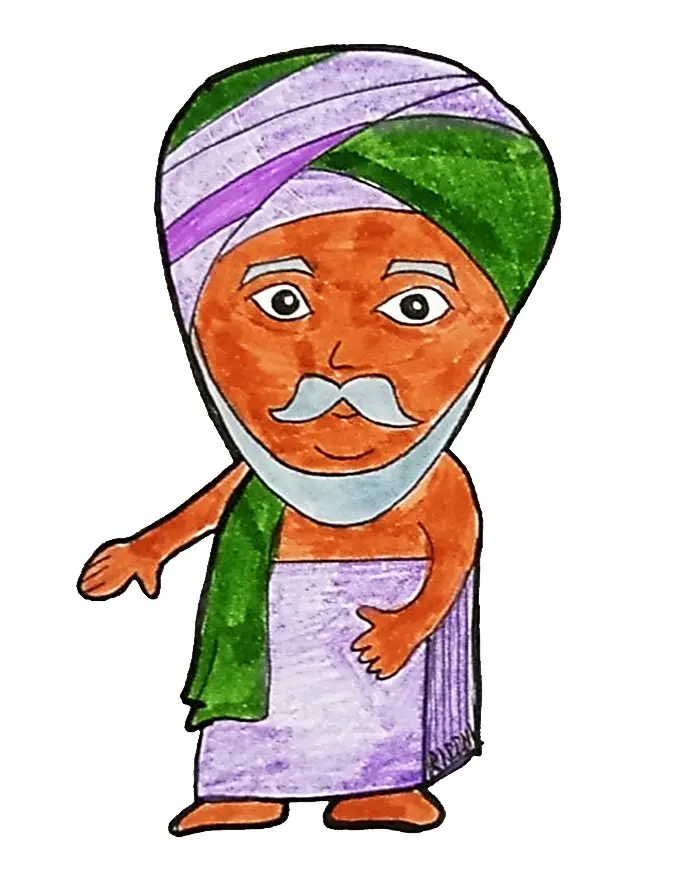
- “AYURVEDA” known as most ancient method in India.
- Ayur means life & Veda means science so, it is known as “THE SCIENCE OF LIFE”.
- Mythology says LORD DHANVANTRI invented Ayurveda.
- Theory is based on philosophy of 3 HUMORS (tridoshas)- Vata dosha, Pitta dosha, Kapha dosha.
- Imbalance of them causes disease.
TREATMENTS
- Two methods
- Vipareeta chikitsa (oppsosite).
- Thadrthakri chikitsa (same).
- SUSHRUTA-The greatest physician surgeon & father of Ayurvedic surgery.
- SAINT PATANJALI introduced Ashtanga yoga.
- Hindus are called pioneers of plastic surgery.
- Today Yoga is the best method to prevent diseases.
Summary
- Science of life.
- Three humors and two methods of treatment.
- Lord Dhanvantri-Inventor.
- Sushruta- Father and surgeon of Ayurveda.
- Saint Patanjali- Introduced yoga.
6. GREEKS AND ROMANS (1200 BC- 300 BC)/ANCIENT GREEK MEDICINE
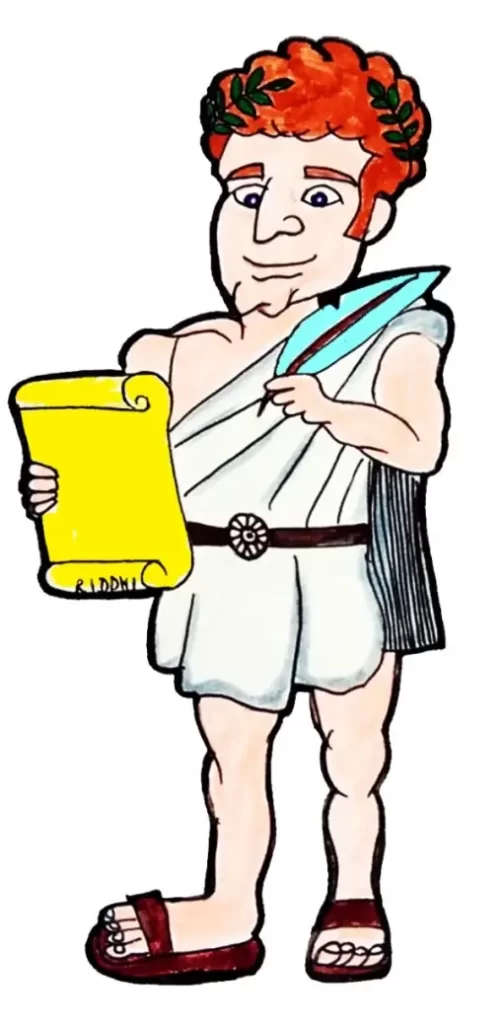
GREEKS
BELIEFS
- Punishments from gods caused the diseases so treatments were focused to please gods.
AESCULAPIUS
- Greek god of healing who later became Roman god of medicine.
- He carried a staff with a snake wrapped around it.
Staff- Physician’s journey to high destiny.
Serpent/ snake- Wisdom to detect medical plant.
- Today it is a symbol of modern medical profession.
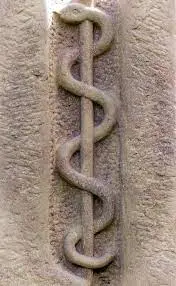
HIPPOCRATES
- The Father of medicine, developed standards of ethics known as HIPPOCRATIC OATH, which are still used today.
GALEN
- First physician who dissect the body in order to learn how human body works.
- They were first to stress on good diet & cleanliness to prevent diseases.
ROMANS
- Extension of Greek medical system.
- Discovered that diseases were caused by dirt, water contamination, poor sanitary habits, so they drained swamps (water collects).
- So, they invented sanitary system.
- They built sewers to carry away waste & aqueducts* to deliver clean water.
Summary
- Rome is extension of Greek medical system.
- Asclepius- Greek God of Healing and Roman God of Medicine.
- Hippocrates- Father of medicine developed Hippocratic oath.
- Galen- First who used to dissect the body.
- Romans built well developed sanitary constructions to prevent diseases.
to be continued in History of Medicine Part 2…
REFERENCE TERMINOLOGIES
- Prehistoric- Pre means before & historic means something from past culture.
- Something that comes from a time before history was recorded.
- Trepanning (Trephining)- The process of removal of evil spirits from person’s skull by a drill. Many theories are there, some says it was used to cure certain conditions like headache or epilepsy.
- Nomadic- Living by travelling from place to place.
- Moxibustion- A traditional Chinese medicine therapy in which a dried plant named as moxa are burned on or near body surface over the skin to warm and increase the flow of Qi or to increase blood flow through points.
- Rx- Today it means “TO GIVE” or “TO RECEIVE”.
- Demon-Evil spirit or devil, who possess the person and torment (torture) him.
- Diviner- God like person having divine power.
- Aqueducts- Water supply system to carry water from one source to a distribution point far away.

your blog is completely exceptional doctor. i am very very much impressed. it is very informative and well organised. i feel blesssed to have visited this blog page.
keep making such useful content and thank you…. thanks a lot for this.